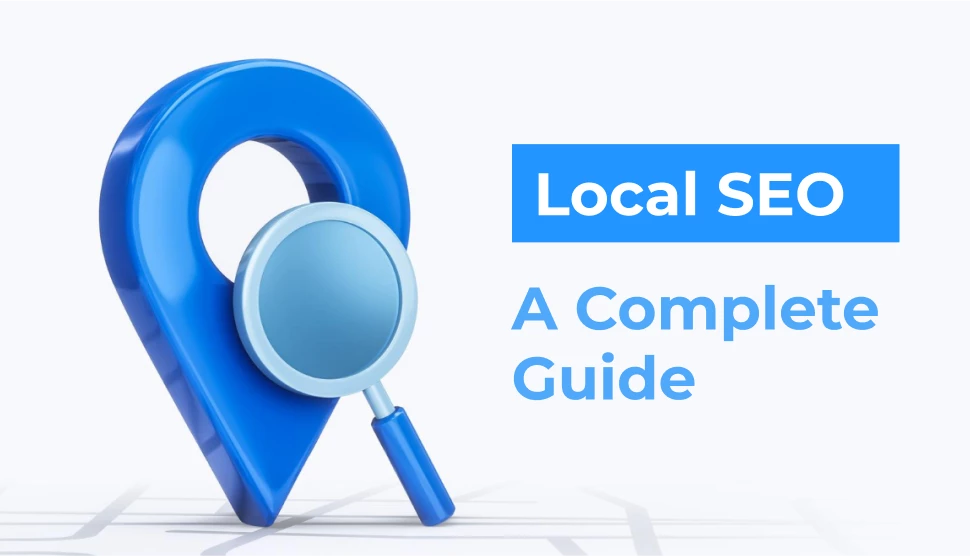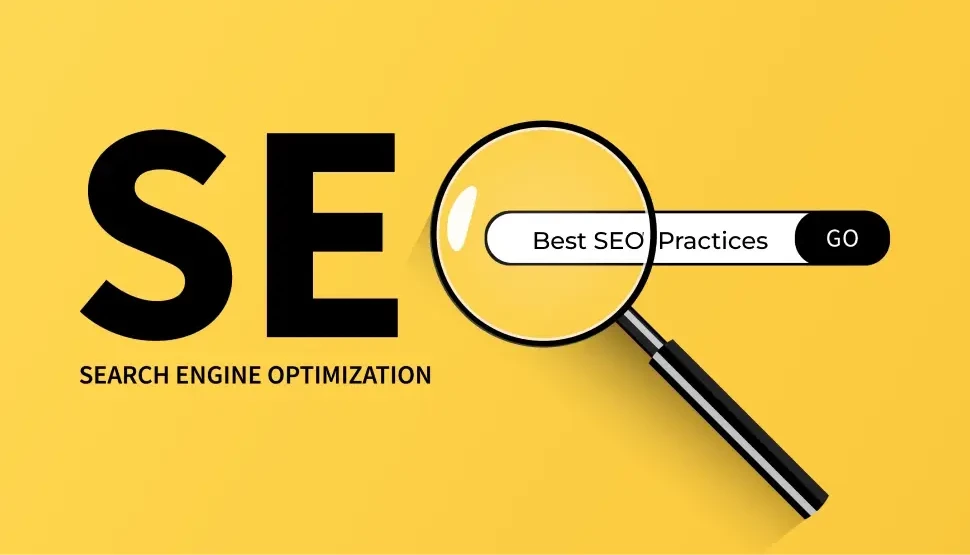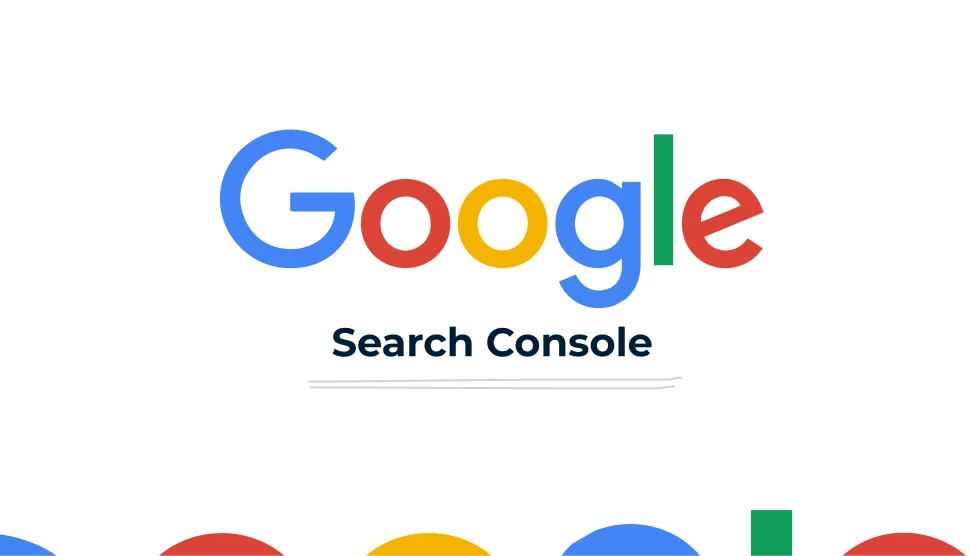Local SEO : A Complete Guide
6 mins | Feb 03, 2023

Are you an SEO professional? Then you must have come across the term “Local SEO.” The term is trending very much in SEO forums and groups. But what exactly does the term mean? In layman’s terms, local SEO means a search engine optimization (SEO) strategy that helps your business be more visible in local search results on Google.
Understood? No? Don’t worry. The 12Grids team is here to help. In this article, we will have a thorough understanding of Local SEO.
Let’s start with the basics.
What is Local SEO?
Local SEO is the process of optimizing your online presence to increase local traffic, visibility, and brand awareness. It is an integral part of any SEO strategy targeting customers in a specific region, city, or neighborhood.
Local SEO is the process where you focus on improving your rankings and visibility in local search results such as Google’s Map Pack/Local Pack.
Small and medium businesses hugely benefit from Local SEO. If you search Google for any essential keywords related to your business and a map with three listings appears underneath it (also known as a map pack), then local SEO can help you grow your business.
For example, if you search for “Italian restaurants near me,” then Google will provide the best local results above the organic search results. The local SEO listing will have the business name, address, phone number, website, photos and videos, customer reviews and star ratings, and more details about the business.
What is the difference between normal SEO and Local SEO?
Traditional and local SEO’s main focus is to improve the website's search engine rankings. While traditional SEO focuses on improving your site’s visibility on a national or global scale, local SEO allows you to capture local search territory to connect with searchers in your area. SEO and local SEO use many of the same strategies. However, local SEO solutions employ specialized measures to help you connect with searchers in your area.
Why is Local SEO important to businesses?
Google processes over 8 billion searches every day. Out of those 8 billion searches, almost 50% of searches are made by people looking for local products and services. Having a local SEO strategy is beneficial for small and medium businesses.
Now, let’s look at the top 5 reasons you must have a local SEO strategy for your business.
→ Enhanced Traffic:
Local SEO allows for enhancing your traffic. When you focus on potential local customers, you’re encouraging individuals who could come to see you to visit your website. Targeting local people will redirect local traffic to your site,
eventually increasing sales.
→ Better Conversion:
One of the benefits of local SEO is it drives potential customers to your site and improves the conversion rate. As per a report, 28% of local searches result in sales. So there is no denying that local SEO results in a better conversion
Rate. Local SEO allows you to present your business as an expert in a specific region.
→ Get more reviews from local customers:
According to Bright Local, 87% of users read online reviews before purchasing through local businesses. If you offer good service, people will love to give honest reviews, which will help you generate more clients. By executing
Local SEO, you can attain more customer reviews. And responding to the feedback provided by the customers will help you rank higher on the search engines.
→ Optimisation for Mobile Devices:
Today, a lot of purchases happen from mobile devices. Hence, businesses need to optimize their sites for mobile and tablet. The goal of optimization is to make the navigating process on a site simple. If a user is
Satisfied and happy with your website, he is more likely to make a purchase.
→ Builds Trust & Credibility:
Local SEO can help you establish a local following. Engaging with your local audience and community can earn your website backlinks from other local businesses, strengthening your local standing in real life and online.
How to improve your Local SEO ranking?
There are a few hacks to improve your local SEO ranking. Want to know what those might be? Here are some of the tips that I personally use to improve my ranking on the local SEO search page.
→ Optimizing your Google My Business:
Optimizing your Google listing (aka your Business Profile) is perhaps the most effective way to rank higher on Google Maps and gain visibility in Google Search local results. Google My
Business is an effective way of ranking higher in your targeted location.
→ Optimize for Voice Search:
Voice search is growing rapidly. Therefore, in local SEO, it’s vital to optimize your listing on how people ask questions when they speak into devices instead of how they type out their searches.
As users use more long-tail keywords while speaking, you will have to optimize your entire content accordingly.
→ Think Mobile First:
With smartphones now being a part of our daily lives, it’s only natural that many people will use their phones to search for local information and businesses. So you must cater to these searchers by optimizing your website
For mobile screens. Create a mobile-friendly website, so mobile visitors have no trouble navigating it or finding the information they need.
→ Create Content based on local news:
Content is King. And if the content is specifically targeted at local users, it will work like anything. Creating content on local news will help you grab your local customers’ attention.
For instance, let’s consider Zomato, the #1 food delivery platform. The Bangalore-based startup has created quite a few location-based subfolders that generate traffic in millions for Zomato. If you look closely, Zomato’s top web pages are:
➝ zomato.com/ncr — 1.79M monthly visitors
➝ zomato.com/mumbai — 1.36M monthly visitors
➝ zomato.com/banglore — 1.06M monthly visitors
➝ zomato.com/kolkata — 539K monthly visitors
➝ zomato.com/chennai — 526K monthly visitors
Zomato uses these subfolders to organize the restaurants on their platform according to different cities. The idea is to organize all the pages on the site, so they naturally rank for their location. Plus, with these location pages, you also automatically location-specific keywords.
→ Include local keywords:
Including local long-tail keywords will work wonders for your Local SEO strategy. Use Google’s Keyword Planner tool to filter keyword searches based on location to get an idea of the popular search terms for a given region. This
Lets you create a list of locally relevant keywords to target. Once you have them, they should appear in your site’s meta content, copy, and URLs.
→ Social Listening:
Social Listening is one of the newest marketing strategies marketers use to boost their business’ reach. It could even help fuel your local SEO strategy if you know which insights to look out for and how to make the most of them.
You can use social listening tools to find out what people in your target location are saying – whether it’s about your business or general. You could even use it to collect information about audience interests, priorities, etc.
What are the tools used in Local SEO?
Local SEO tools can assist with improving your presence and engaging your audience. These tools can help track rankings, provide competitor insight, assist with developing SEO-optimized keywords, monitor performance, and encourage customer engagement.
Let’s look at the various tools we can use to boost our local SEO strategy.
Growthbar (Chrome Extension)
Growthbar is a low-cost local SEO tool available as a standalone web app or as a Chrome extension. You can use the tool to track the position of the top keywords of a website, which can be useful for competitor analysis and local keyword research.
Georanker
Georanker has a unique feature that tracks the ranking of websites by multiple locations across the world. It displays this information through heat maps with distinct colors to show locations where the website ranks high.
Yext
Yext’s Review Monitoring feature integrates with third-party sites so you can track and respond to business reviews from every location in one dashboard. You can also grab any authentic first-party reviews directly from customers and add them to their websites.
Semrush Position Tracking Tool
The Position Tracking tool tracks your website’s ranking for a custom set of target keywords. It’s a useful local SEO tool because it can also target a specific device type or geographic location. (However, there is a limit to the number of keywords you can track.)
Synup
Synup tracks your business performance on search engines, local directories, and review sites. Synup crawls over 200 local search engines and directories to find data inconsistencies, ensuring your citations are accurate.
Conclusion
Hopefully, you have a clear understanding of Local SEO. Still, if you have any questions related to local SEO, write to us at sales@12grids.com.
Want to optimize your local SEO listing? Get in touch with the 12Grids team. And get ahead of your competitors.
Author






